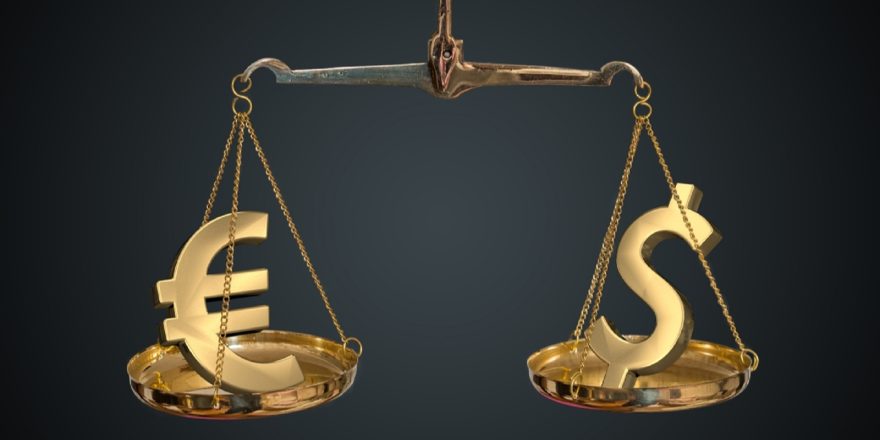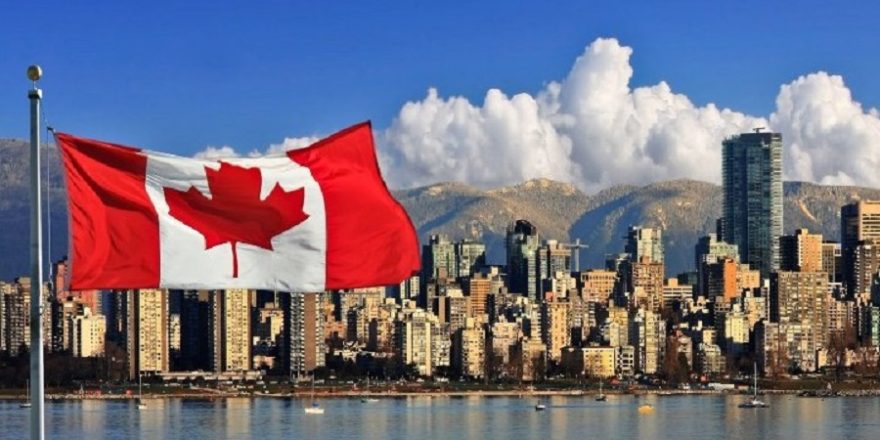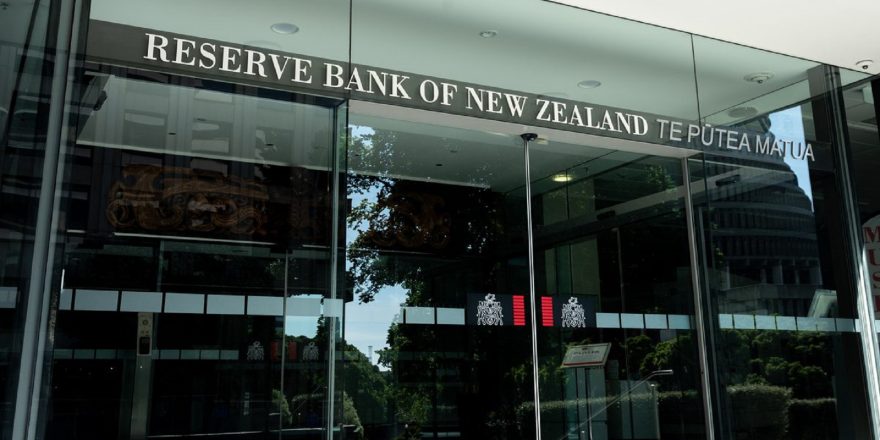On Wednesday, traders remained vigilant by the war in Ukraine but, with the hopes of reaching a possible peace agreement, however a long shot. The focus shifted back on big macro questions such as surging inflation rates, COVID and growth.
Wall Street was ready to trim some of the strong gains made in Asia on Thursday, after China had signaled more support for its spluttering economy and both the Fed and Bank of England pressed on with interest rate hike plans.
Russia’s ongoing shelling of Ukraine kept commodity markets swinging wildly and it still had not managed to get a crucial payment to its bond holders, meaning a historic default may be coming near.
Wall Street futures were partially lower after a more than 2% jump the previous day when the Federal Reserve had raised U.S. interest rates (one of the decisive factors for global borrowing costs) for the first time in more than three years.
Oil prices jumped back over the $100 level again. The Kremlin had lashed out after U.S. President Joe Biden had labelled Russian President Vladimir Putin a war criminal on Wednesday, but Moscow also said it was putting “colossal energy” into Ukraine peace talks.
The reaction both this morning and overnight validates that the markets think the Fed is in line, or ahead of the curve, and doing the right thing by hiking interest rates. It was also the right thing for the Bank of England to raise its rates for a third meeting running, back to its pre-pandemic level of 0.75%.
Inflation is expected to start coming down after Easter, however if that doesn’t happen then probably a reset will be necessary. The statement came alongside a revised prediction that UK inflation will peak at around 8% (four times its 2% target) after previous forecasts were overtaken by strong shifts in energy markets following Russia’s invasion of Ukraine.
Metals markets faced more drama too as the benchmark nickel price on the London Metal Exchange’s (LME) slumped by its daily-allowed limit for the second day in a row. Traders warned that the drop was unlikely to stop until prices reached parity with those for the metal in China.
Bond markets meanwhile were beginning to settle again after the Fed’s hike had seen Treasury yields spike to nearly three-year highs. The Fed had signaled that it also planned to hike again at every meeting for the remainder of this year to aggressively curb inflation.
Global growth worries were causing stress despite the Bank of England hike and higher inflation forecast. The pound saw a dip today at $1.3096 (GBP) because one rate setter of the BoE had wanted to keep rates on hold amid the current uncertainty. The decision of MPC member Cunliffe to vote for no change to policy however, suggests heavy dovish influences over such decision.
The reality is that inflation is headed towards 10% and the Bank has a mandate to deal with that. To be backing away from this duty with interest rates still below 1% is perceived as irresponsible.






